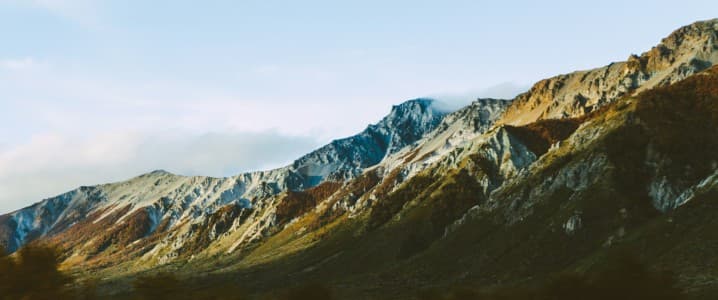Argentina’s plans to become a major energy exporter are going through a unique area in Patagonia, home to an endangered whale species and many orcas and sea lions and a UNESCO heritage site.
As Argentina’s Vaca Muerta shale play is ramping up oil and gas production, international majors and local companies are planning to expand the energy infrastructure in the region to Argentina’s Atlantic coast to enable exports of crude oil and liquefied natural gas (LNG).
But the Vaca Muerta Sur pipeline, proposed by a partnership of Argentina’s YPF and supermajors Shell and Chevron, would threaten the unique wildlife haven in Patagonia, environmental campaigners and wildlife experts say.
Vaca Muerta Sur is designed to connect the Loma Campana field in Vaca Muerta to an export facility being built at the port of Punta Colorada in Río Negro Province.
The 437-km (270 miles) Vaca Muerta Sur pipeline will initially ship 180,000 barrels per day (bpd) of crude oil when it enters service at the end of 2026, YPF says. Throughput is then further expected to increase to 550,000 bpd in 2027, and potentially to 700,000 bpd after 2028.
But animal researchers fear the pipeline and a plan for an LNG export terminal and storage would threaten wildlife on Península Valdés in Patagonia, a UNESCO-protected site of global significance for the conservation of marine mammals. The peninsula is home to an important breeding population of the endangered southern right whale, as well as important breeding populations of southern elephant seals and southern sea lions. The orcas there have developed a unique hunting strategy to adapt to local coastal conditions, UNESCO says.
Wildlife researchers are sounding the alarm that a potential oil spill could devastate and area and put the endangered unique sea mammals in even more danger, this time from petroleum activity.
“The oil companies are moving in, and nobody is talking about it,”
María Leoni? Gaffet, a wildlife expert and co-director of Península Valdés Orca Research, told the Guardian.
“The situation is desperate,” Gaffet added.
By Charles Kennedy for Oilprice.com
More Top Reads From Oilprice.com

